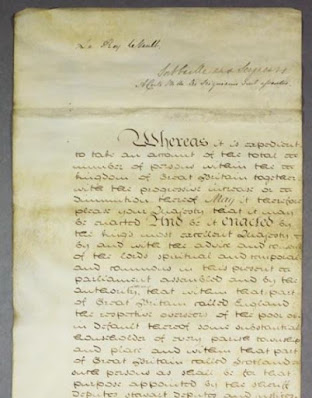Tips for searching the NAA
The National Archives of Australia is a rich source of information, and there are a few things to remember when searching the website at naa.gov.au.
NOT ALL RECORDS ARE NATIONAL
Australia was run as separate states for a long time, so many records that you would find in national archives in other countries are in the State Archives. This applies to convict records in particular. So the first thing to think about is the timeframe you are researching, if the records are before Federation in 1901 it is likely to be in a State Archive.
The exception are passenger arrivals which are available from 1898.
NOT ALL RECORDS ARE OPEN
Not everything is available on the NAA website in its full digital glory. Many of the WW2 records for instance are not available at present. So when you find something its access status either be :
- Not Yet Examined - You can request these files are examined and they will they be classified as open or closed. Once open you can view them at the archives or request a copy.
- Open with exception - This means only part of the file is open for inspection. Check why the exception, it may be that the exception period is over and these can be opened for you. If you want to see the record, contact the Reference Service .
- Open - But not yet digitised, so for these records you will have to request a copy and pay for them or go to Canberra and view the document..
- Open - and digitised, so click on the symbol (below) and see the original document.
- Closed means the record is closed to the public. You can contact NAA and have a closed decision re-considered.
 |
| Symbol for a digitised record |
NAME VARIANTS ARE NOT AUTOMATIC
This is an important point to remember, as it is quite different to many genealogy sites you may have visited before.
Let me give you an example, say you have an ancestor called Joseph Zealey, you will need to do ALL the following searches to see if you can find him:
Joseph Zealey, Zealey Joseph, J Zealey,
Then with all the name variations that are common with this surname (that Z is often miss-transcribed):
Zealy, Zeley, Jealey, Jeley, Jealy, Tealey, Tealy, Teley etc. etc.
Then with all the variations common with the first name:
Jo, John (yep, I found him on a couple of records as John) Jos etc. etc.




Comments
Post a Comment
Thank you for your comment on my Blog. I love to get feedback and information to share from my readers.
To keep up to date simply follow me on facebook or subscribe using the button at the top of the blog page.
Barb